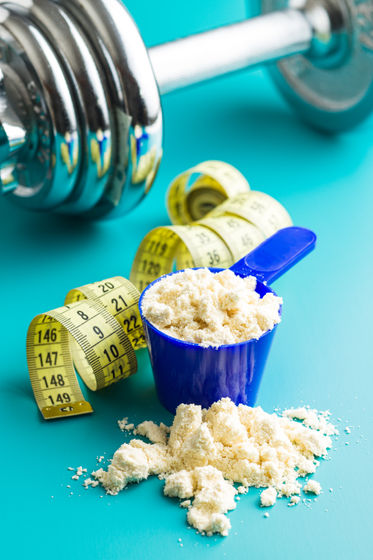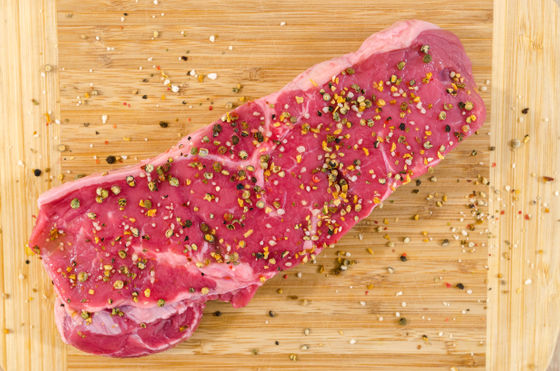What is the optimal 'protein intake' for muscle training?

By
Protein supplements (proteins), which are mainly composed of nutrient proteins that play a role in building the body, are becoming popular among bodybuilders as well as general training enthusiasts, as `` drinking after training can build muscle. '' . David Rogerson, who teaches sports nutrition at Sheffield Hallam University in the UK, explains the question, 'How much is the best amount to drink?'
Protein powder, shake, and supplement: how much can our body actually use?
https://theconversation.com/protein-powder-shake-and-supplement-how-much-can-our-body-actually-use-129829
Protein is contained in all cells of the human body and is used for the construction and repair of cell tissues, production of hormones and enzymes, etc., and together with lipids and carbohydrates, it is called the three major nutrients .
Health foods rich in such proteins are called 'proteins'. After ingesting the protein and essential amino acids contained in protein, the effect of ' muscle protein synthesis ' that repairs and enlarges the muscle occurs. Drinking causes muscle protein synthesis 'has been thought to be more efficient.
Commentary on how protein becomes muscle by animation-gigazine

By
Therefore, training enthusiasts who have prefer to ingest efficient protein in protein, in the study of Europe of 2019, more than half of the gym users that are taking protein survey results have been reported You.
Rogerson quotes a study that shows that protein intake after training leads to muscle development, and confirms that 'taking protein after training is effective.' On the other hand, Rogerson points out that 'there is still a debate over how many grams of protein should be consumed per serving.'

By
A popular belief in recent years is that it is best to consume between 20g and 25g of protein immediately after training. The myth is that muscle protein synthesis is activated for 90 to 120 minutes immediately after protein intake, and that even if you consume more than 25 g of protein, it is either used as energy or excreted as urine. Is based on the theory that However, Rogerson explained, 'This myth may be limited to whey protein.'
According to Rogerson, blood amino acids peak in a short time when whey protein is ingested, while the increase in blood amino acids is slow when ingesting casein protein, the main component of milk protein, and muscle protein synthesis increases. be continuously caused it has been found that with. In addition, whey protein will be broken down as energy if ingested more than 20 g, but there are also proteins that are not broken down.
Rogerson said, 'If you eat in the diet instead of protein, you can consume more than 20g,' says Rogerson, who can eat proteins other than whey protein in the diet. When eating protein by meal, it is said that there is no problem for most people if it is up to 40 g per meal.

By Lukas
On the other hand, 'the benefits of taking protein aren't just muscle building,' Rogerson said. Since whey protein to sustain a feeling of fullness to release the hormones that suppress appetite, make me refrain from snacks such as snack effect on that there is, there is also a strongly keep effect the muscle. Although this effect has been shown to be obtained with meat and other foods instead of protein, Rogerson says that protein is efficient in that it is easy to consume.
According to Rogerson, the ideal protein level to consume in a day is usually 'body weight x 0.8 g', and after training for muscle building, 'body weight x 1.4 g-2.0 g' is ideal. And that. A person weighing 60 kg should normally consume 48 g of protein a day, and 84 to 120 g of protein on the day of training. Mr. Rogerson commented on this intake as `` basically eating this amount of protein by diet '', but commented `` If you do not reach the recommended intake, you should drink protein '' doing.
Related Posts:
in Junk Food, Posted by darkhorse_log







